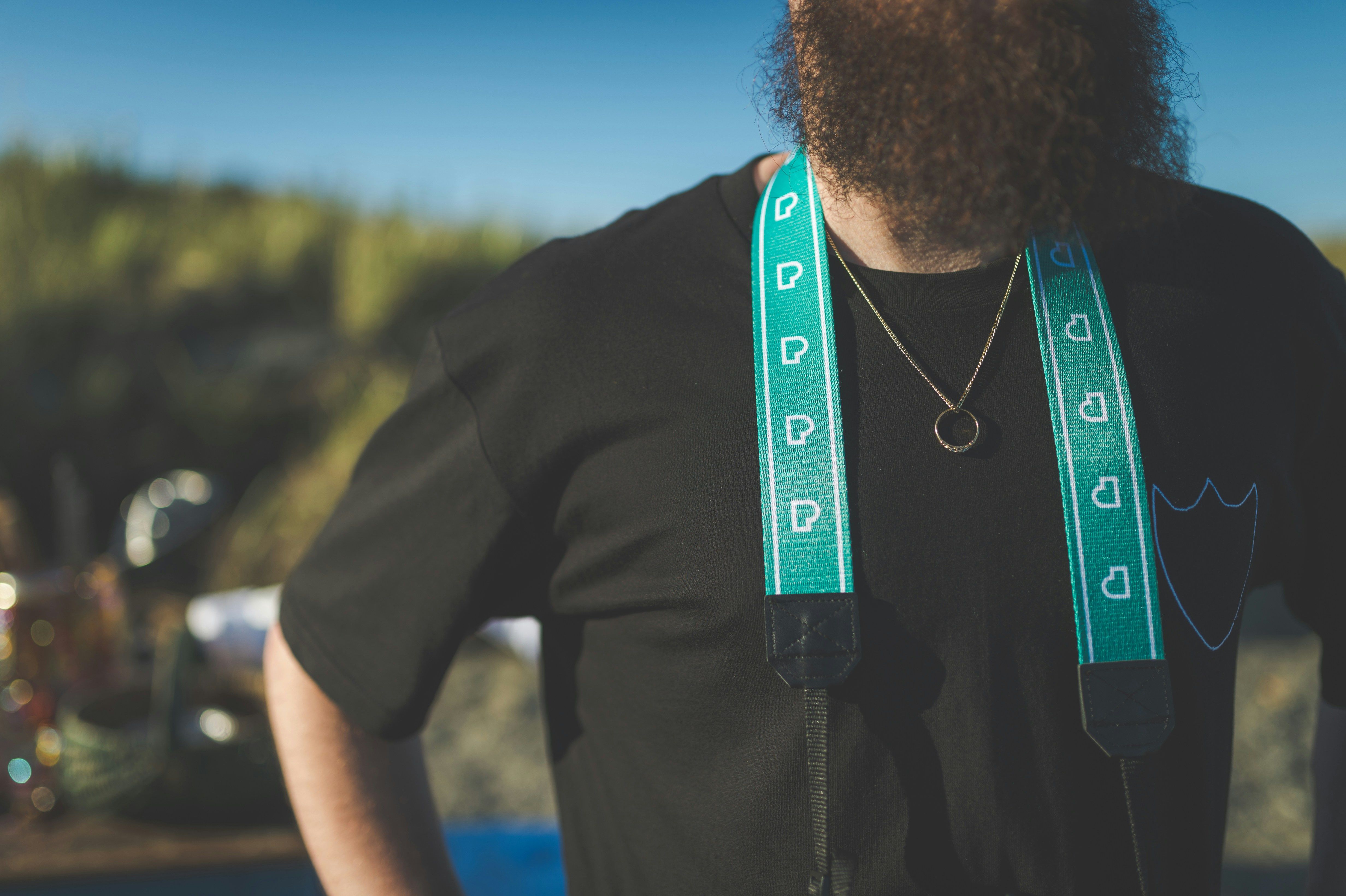Could Coffee Consumption Reduce the Chance of Colon Cancer?
Coffee and Colorectal Cancer: What Recent Studies Suggest
New research indicates a potential link between coffee consumption and a lower risk of colorectal and bowel cancer. In a study published in the International Journal of Cancer, participants with colorectal cancer in stages 1 through 3 who drank 4 cups of coffee per day had a 32% lower risk of cancer recurrence.
The study highlights several ways in which coffee may contribute to this outcome:
- By reducing oxidative stress, a harmful process that can damage cellular DNA and promote cancer growth.
- By aiding the gut bacteria, imbalances in which can lead to inflammation and an increased cancer risk.
- By inhibiting the growth of tumors, potentially limiting their spread and development.
- By helping to protect against nonalcoholic fatty liver disease, a condition associated with an increased risk of colorectal cancer.
Previous studies have also found that coffee drinkers had a lower risk of colorectal cancer compared to people who did not drink coffee. However, it's worth noting that not all research agrees on the specific link between coffee consumption and colorectal cancer.
The International Agency for Research on Cancer (IARC) has found no clear association between coffee intake and cancer at any body site, including colorectal cancer. In addition, caffeinated coffee has been linked to a higher risk of rectal cancer but not colon cancer, suggesting that the body may metabolize the two types of coffee differently.
While more research is needed to confirm these findings, some experts suggest that coffee may be part of a broader, cancer-preventive dietary pattern that includes physical activity, a nutritious diet, and avoidance of tobacco and alcohol.
Recent studies have shown that an anti-inflammatory diet, which includes coffee, tea, and various vegetables, may improve survival outcomes in patients with stage III colon cancer by reducing inflammation. This suggests that components of an anti-inflammatory diet, such as those found in coffee, might contribute to better health outcomes in cancer patients.
In summary, while the link between coffee consumption and colorectal cancer remains a topic of ongoing research, some evidence suggests a potential beneficial effect. As always, it's essential to consult with a healthcare professional for personalized advice regarding cancer prevention and treatment.
- The study published in the International Journal of Cancer found that participants with colorectal cancer in stages 1 through 3 who drank 4 cups of coffee per day had a 32% lower risk of cancer recurrence, potentially due to coffee reducing oxidative stress, aiding the gut bacteria, inhibiting the growth of tumors, and helping protect against nonalcoholic fatty liver disease.
- Previous studies have also found that coffee drinkers had a lower risk of colorectal cancer, but not all research agrees on the specific link between coffee consumption and colorectal cancer. The International Agency for Research on Cancer (IARC) has found no clear association between coffee intake and cancer, including colorectal cancer.
- However, caffeinated coffee has been linked to a higher risk of rectal cancer, suggesting that the body may metabolize the two types of coffee differently.
- Recent studies have shown that an anti-inflammatory diet, including coffee, tea, and various vegetables, may improve survival outcomes in patients with stage III colon cancer by reducing inflammation. This suggests that components of an anti-inflammatory diet, such as those found in coffee, might contribute to better health outcomes in cancer patients.




